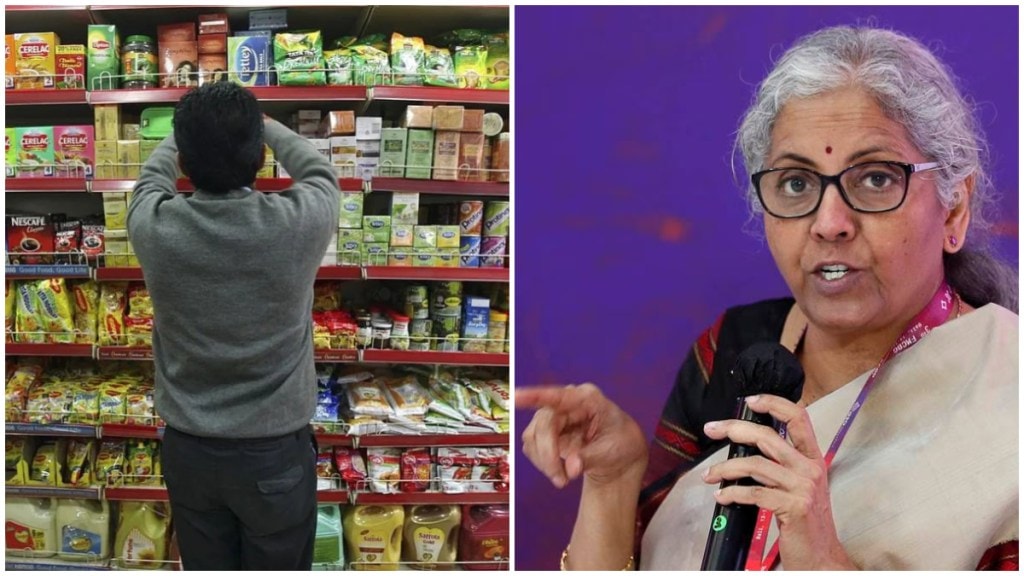Dealers and distributors in fast-moving consumer goods (FMCG) and cement remain uncertain over the rollout of GST 2.0 reforms, particularly regarding input tax credit (ITC).
FMCG distributors seek clarity on input tax credit
Although the government has clarified that ITC can be fully utilised by distributors to offset output tax liabilities, many FMCG dealers remain cautious, citing past challenges with ITC claims.“While the government may have clarified the issue at a broad level, we are not sure how this is going to be implemented on the ground. Distributors have 45-day inventory currently. Even if we exclude 20 days from the date of implementation of new GST rates (September 22), we will still have about 25 days inventory with higher GST rates.
Our contention is that the mechanism to either set-off or refund this ITC should be smooth,” said Dhairyashil Patil, national president, All India Consumer Products Distributors Federation (AICPDF).As part of the reforms, most food and personal care products have been shifted to the 5% tax slab, down from 12% or 18%. FMCG distributors, however, say companies must provide clear guidelines on how they intend to treat the 7% and 13% tax differential on existing stock once the new rate takes effect later this month.Patil added that the federation is preparing to write to FMCG companies seeking greater clarity.
Cement dealers brace for price changes and demand dip
Cement dealers, meanwhile, are gearing up for negotiations on higher discounts following a significant GST cut. On Wednesday, the GST Council reduced the tax on cement from 28% to 18%—a long-pending demand of the industry. The move is expected to push demand, with prices likely to fall and sales improving in the coming months.
Conversations with dealers and companies indicate that negotiations are likely to commence shortly to ensure that the trade can get the advantage of higher discounts by the time the new rates kick in. Concerns are also mounting of trade de-stocking when prices reduce.“As a standard practice, invoices raised after the effective date will have the revised 18% GST. Depots run on first-in-first-out basis; institutional supplies are largely just-in-time from plants and depots. No recall is required; the invoice governs the tax rate on the date of supply,” Vinod Bahety, CEO, cement business, Adani group, said.“The next two weeks could see a slump. That is because when tax rate corrections happen trade down-stocks. So, September may not be such a good month for the industry. Thereafter, things may likely stabilise, with a price correction of around Rs 10-15 (per bag), depending on the region,” Sandip Ghose, MD & CEO, Birla Corp, said.

